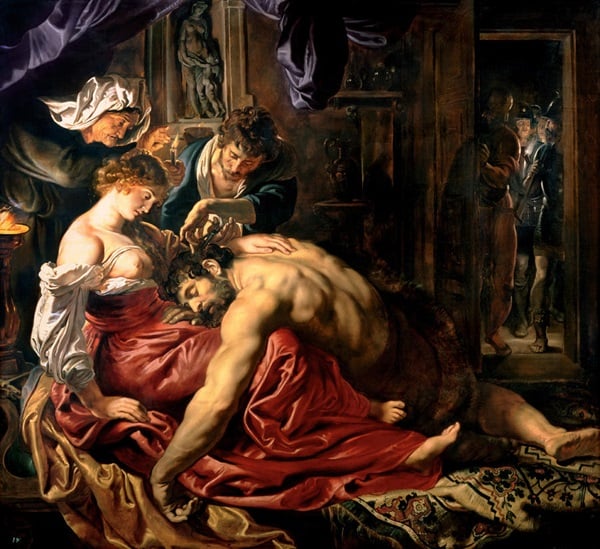Analysis
How About a Rubens with That Ruscha?


Eileen Kinsella

According to a report in the New York Times by Scott Reyburn, auction houses are (surprise!) hoping to get collectors of high-ticket contemporary items interested in buying historic works too in an effort to invigorate some sleepy corners of the art market. The already well-documented challenges include lack of supply, since many of the best Old Master or Impressionist masterpieces have already been snapped up by top institutions and private collectors. There is also the fact that contemporary art buyers seem to have very short attention spans. “The aim is to open the eyes and wallets of their richest clients to older works that might otherwise get overlooked,” according to Reyburn.
He cites the release of ARTnews’s most recent list of the top 200 collectors in the world, which showed that 95 percent of the buyers on the list purchased modern and contemporary art last year, and that less than a quarter bought pre-20th-century material. The story cites some recent museum deaccessions of historic works that performed below expectations at auction, like the Delaware Art Museum’s William Holman Hunt. Other than that, the story does little to explore auction houses’ actual efforts (a direct quote would be helpful) other than recount the spotty results of special auctions such as Christie’s “Exceptional” sale on July 10 or Sotheby’s “Treasures” sale on July 9, which aim to offer the “crème de la crème” of a wide range of objects including historic works of art and furniture. “Yet 21 percent of the material remained unsold at Sotheby’s and 43 percent was not sold at Christie’s,” Reyburn writes. The story quotes London furniture and art dealer Patrick Jefferson: “It’s a tiny pool of buyers. And they want their homes to look like Gagosian or Pace gallery. My wealthy clients will buy two or three ‘accent’ pieces, and the rest of the house will be empty.” Huh?
The article isn’t a total loss. If nothing else, it includes this handy bit of art market trivia: private equity billionaire Leon Black was the phone buyer of Peter Paul Rubens’s only known study for his painting Samson and Delilah (1609–10) that fetched $5.5 million (£3.2 million) at Christie’s London earlier this month. “To be sure, there are far fewer drawings sales than there used to be, and there are plenty of unsold lots at auctions, but unlike the market for, say, English mahogany furniture, a diverse range of international buyers still wants to own and live with drawings.”